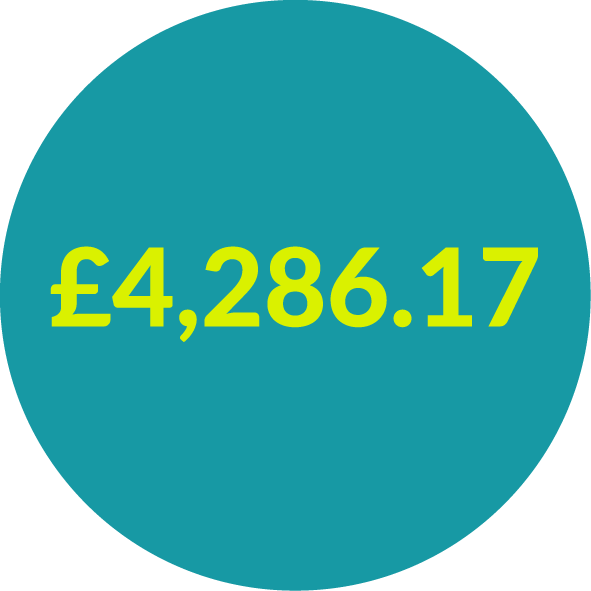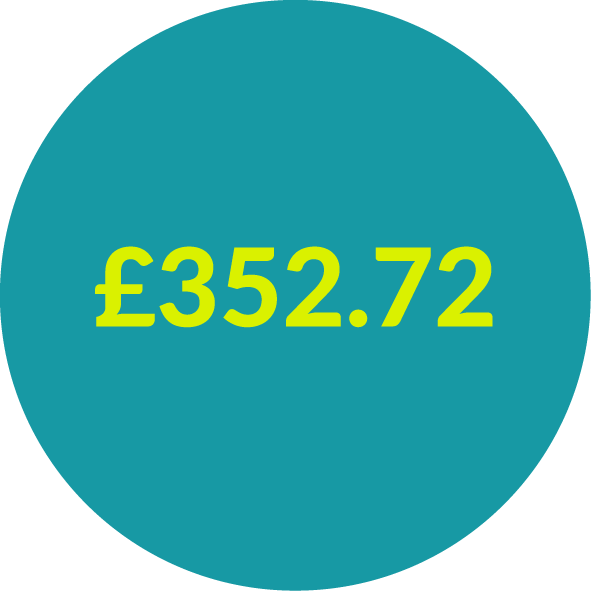Zakat Fund
Your Zakat Empowers our ummah
Your Zakat powers life supporting essentials and is a source ofhope for them to carry on.
Zakat:
Social Justice
Zakat benefits not only those in need who receive Zakat but also those who have given their wealth for the sake of Allah (swt).
By paying Zakat, we acknowledge that our wealth is in fact not our own, but a blessing to be shared.

NISAAB IS THE MINIMUM AMOUNT FROM WHEN YOU HAVE TO GIVE ZAKAT.
Zakat holds a paramount place as a charitable practice in Islam. We view it as not just a means to bridge the financial deficits in humanitarian and development efforts, but also as a tool to bolster social justice. Recognising its potential, we aim to leverage Zakat to improve access to justice for the vulnerable and marginalised communities.
We believe in its capacity to tackle some of the most pressing challenges facing our ummah today, using it with a focus on Islam’s social justice objectives.

BASED ON THE PRICE OF GOLD £49 PER GRAM

BASED ON THE PRICE OF SILVER £0.58 PER GRAM
Who Pays Zakat?
To be eligeble for Zakat payment your savings, or stagnate wealth has to be the amount of nisaab.
You have to pay 2.5% Zakat on all of your savings and other applicable assets.
Who Pays Zakat?
• Gold and silver (ornaments or jewellery)
• Cash held at home or in bank accounts
• Pensions
• Property owned for investment
• Stocks and shares directly owned or via fund management system
• Business stock in trade & merchandise
• Agricultural produce (surplus)
• Money loaned to others
ALLAH DESCRIBES THE PEOPLE ELIGIBLE FOR ZAKAT…(Q 9:60):
The Qur’an outlines eight groups of people who should be given Zakat:
“Indeed, Zakat expenditures are only for
[1] the poor and
[2] the needy, and
[3] to those who work on [administering] it, and
[4] for bringing hearts together, and
[5] to [free] those in bondage, and
[6] for those in debt, and
[7] for the cause of God, and
[8] for the stranded traveller. [This is] an obligation from Allah. Allah is All-Knowing, All-Wise.”
